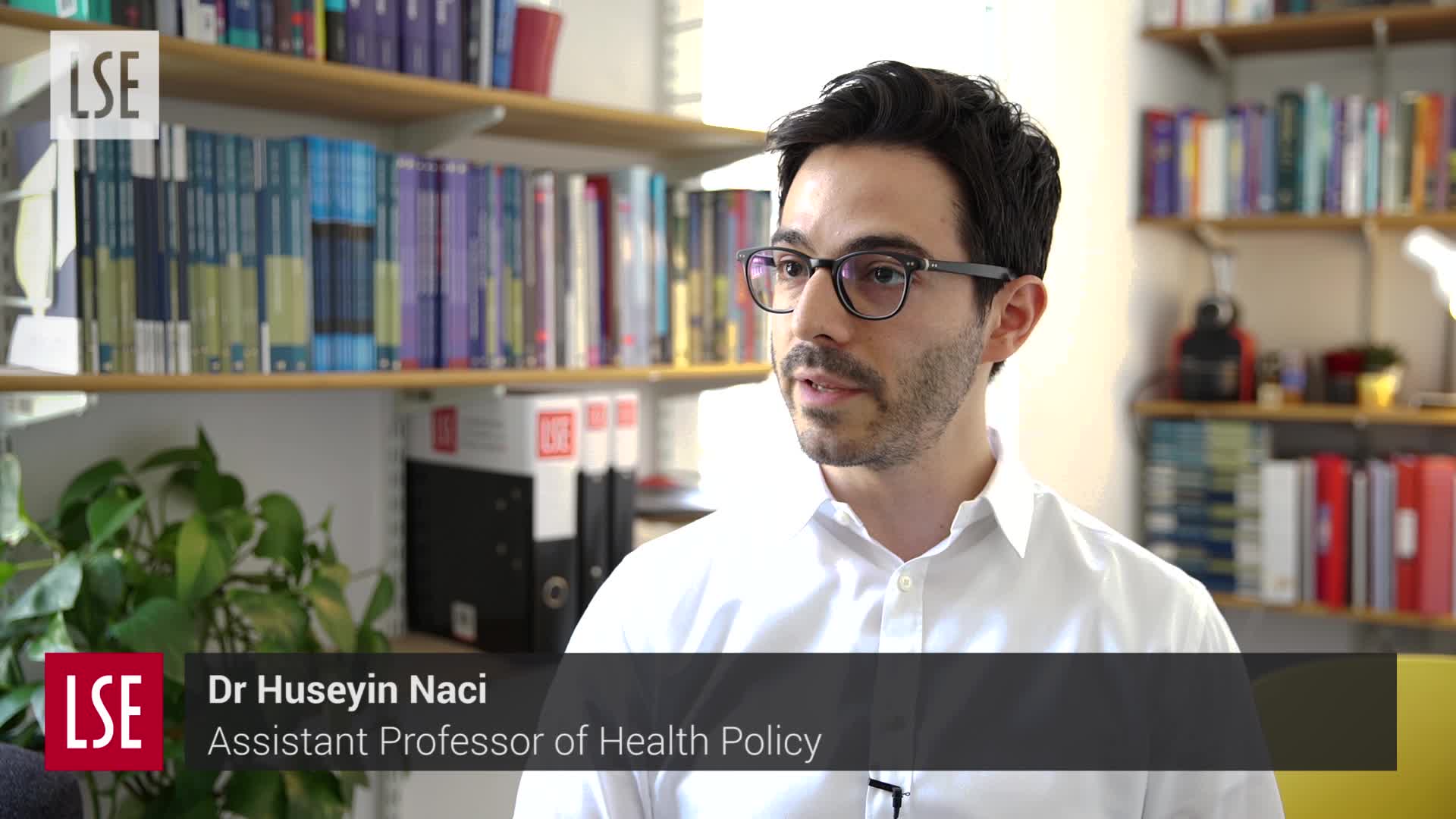 https://richmedia.lse.ac.uk/pressandcomms/20170607_LSEnewsroom_huseyinNaci_1080p.mp4
Dr Huseyin Naci
https://richmedia.lse.ac.uk/pressandcomms/20170607_LSEnewsroom_huseyinNaci_1080p.mp4
Dr Huseyin Naci
A new study published today has exposed major flaws in the fast tracking of some drugs available to the American public without any stringent clinical evidence of their benefits.
Researchers from the London School of Economics and Political Science (LSE) and the United States say that many US patients with serious illnesses are being treated by drugs which have questionable data.
The findings, published in The Milbank Quarterly, relate to drugs given “accelerated approval” by the Food and Drug Administration (FDA) without any strong clinical evaluation.
The study assessed 37 new drugs given accelerated approval by the FDA between 2000 and 2013.
Drugs eligible for accelerated approval are assessed as “reasonably likely” to provide clinical benefits but the bar for their market entry is far lower than those receiving regular approval, according to Dr Huseyin Naci, an LSE health policy researcher.
Dr Naci said: “FDA’s accelerated approval pathway allows potentially promising drugs to receive marketing authorisation on the basis of surrogate measures that are easy to obtain, rather than clinically meaningful outcomes. The evidence ultimately accrued on these drugs has major flaws and is inadequate to address the information needs of patients and doctors.”
The study is the first in the world to systematically evaluate more than 7000 clinical studies conducted on drugs receiving accelerated approval by the FDA.
Dr Naci said the shortcomings were as a result of the FDA introducing more flexibility to its evidence standards over the past three decades.
The key findings reported by Dr Naci and his colleagues from the University of Pennsylvania and Stanford University included:
- Randomised trials – the gold standard of evaluating clinical effectiveness – constituted only a small minority of existing evidence;
- One-third of randomised trials were in therapeutic areas outside of FDA approval and less than half evaluated the therapeutic benefit of these drugs, but used them instead as common backbone treatments;
- Drugs receiving accelerated approval were often tested concurrently in different therapeutic areas;
- For most drugs no substantial time lag was apparent between the average start date of trials evaluating their effectiveness and their use as background therapy.
For more information contact Dr Huseyin Naci at H.Naci@lse.ac.uk or +44 207 955 6874.
The study is available here:
https://www.milbank.org/quarterly/articles/timing-characteristics-cumulative-evidence-available-novel-therapeutic-agents-receiving-food-drug-administration-accelerated-approval